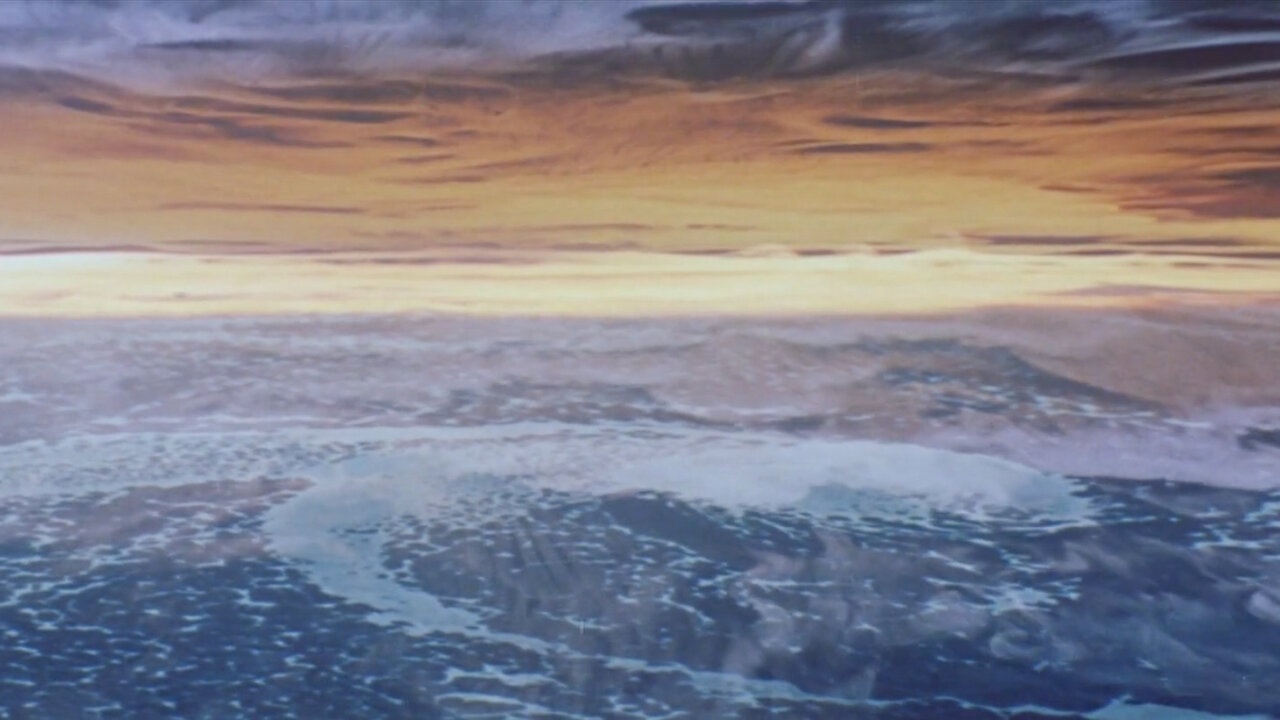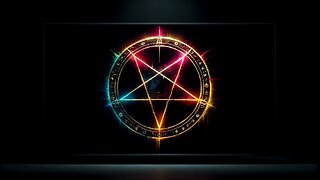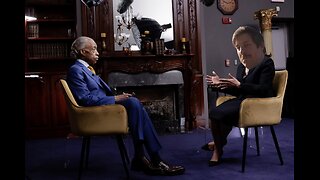Premium Only Content

The Mystical Cinematic World of Andrei Tarkovsky and Rudolf Steiner's Anthroposophy, Part One
Part One: Andrei Tarkovsky: Exploring the Life and Films of a Cinematic Genius
Dive into the life and art of Andrei Tarkovsky, one of the most influential filmmakers of the 20th century. In this first part of our two-part audio essay, we explore Tarkovsky's early life, his cinematic journey, and the profound themes that define his films. From his childhood in rural Russia to his rise as a visionary director, we examine the personal and historical influences that shaped his work. Discover the major works of Tarkovsky, including "Ivan's Childhood," "Andrei Rublev," "Solaris," "Mirror," "Stalker," and "The Sacrifice." As we delve into his unique cinematic style and thematic preoccupations, we also begin to uncover the spiritual and philosophical underpinnings of his art, setting the stage for a deeper exploration of Rudolf Steiner's influence in part two.
Sources
• Tarkovsky, Andrei. Sculpting in Time. University of Texas Press, 1989.
• Gianvito, John. Andrei Tarkovsky: Interviews. University Press of Mississippi, 2006.
• Skakov, Nariman. The Cinema of Tarkovsky: Labyrinths of Space and Time. I.B. Tauris, 2012.
• Freeman, Arthur. Cinema and the Spiritual Quest: Andrei Tarkovsky's Films and the Influence of Rudolf Steiner. University of California Press, 2002.
• Vida, Catherine. Symbolism in Tarkovsky's Cinema: The Influence of Steiner's Anthroposophy. Routledge, 2005.
• Hunt, Nathan. Art and Consciousness: Tarkovsky's Philosophical Cinema. Palgrave Macmillan, 2010.
• Daley, Michael. Nature and Mysticism in Tarkovsky's Films. Indiana University Press, 2001.
• Green, Peter. Andrei Tarkovsky: The Winding Quest. Macmillan, 1993.
• "Andrei Tarkovsky - Biography." IMDb.
• "Andrei Tarkovsky - Wikipedia." Wikipedia.
• "Andrei Tarkovsky - Biography." Britannica.
-
 3:57
3:57
Dangerous reads
5 months agoUnveiling The Ultimate Evil: Beyond the Son of Sam, Ep. 6
79 -
 LIVE
LIVE
Graham Allen
1 hour agoDid Trump Just Bring Peace In Israel?! Biden Sending $24 BILLION To Ukraine! + Kamala Is Back???
8,690 watching -
 LIVE
LIVE
Matt Kohrs
11 hours agoIt's Payday Friday!!! || The MK Show
1,220 watching -
 35:31
35:31
BonginoReport
3 hours agoTackling Trump Derangement This Thanksgiving: Evita + Michael Knowles (Ep.94) - 11/27/24
22.8K30 -
 LIVE
LIVE
Jeff Ahern
1 hour agoNever Woke Wednesday. The Thanksgiving show!
767 watching -
 1:34:07
1:34:07
Game On!
14 hours ago $8.99 earnedThis is BAD! Things are getting so much worse for Conor McGregor!
38.5K5 -
 33:38
33:38
Brewzle
22 hours agoI Created My First Whiskey Blend!
36.6K10 -
 4:24
4:24
Gun Owners Of America
20 hours agoHere's Our Plan To Overturn Gun Control in 2025
32.1K9 -
 1:16:08
1:16:08
PMG
1 day ago $7.52 earned"Jack Smith cases against Trump DISMISSED! This is YUGE!!"
29.5K -
 56:08
56:08
State of the Second Podcast
22 hours agoWhat does the next 4 years look like for the suppressor market? (Ft. Rugged Suppressors)
88.9K13